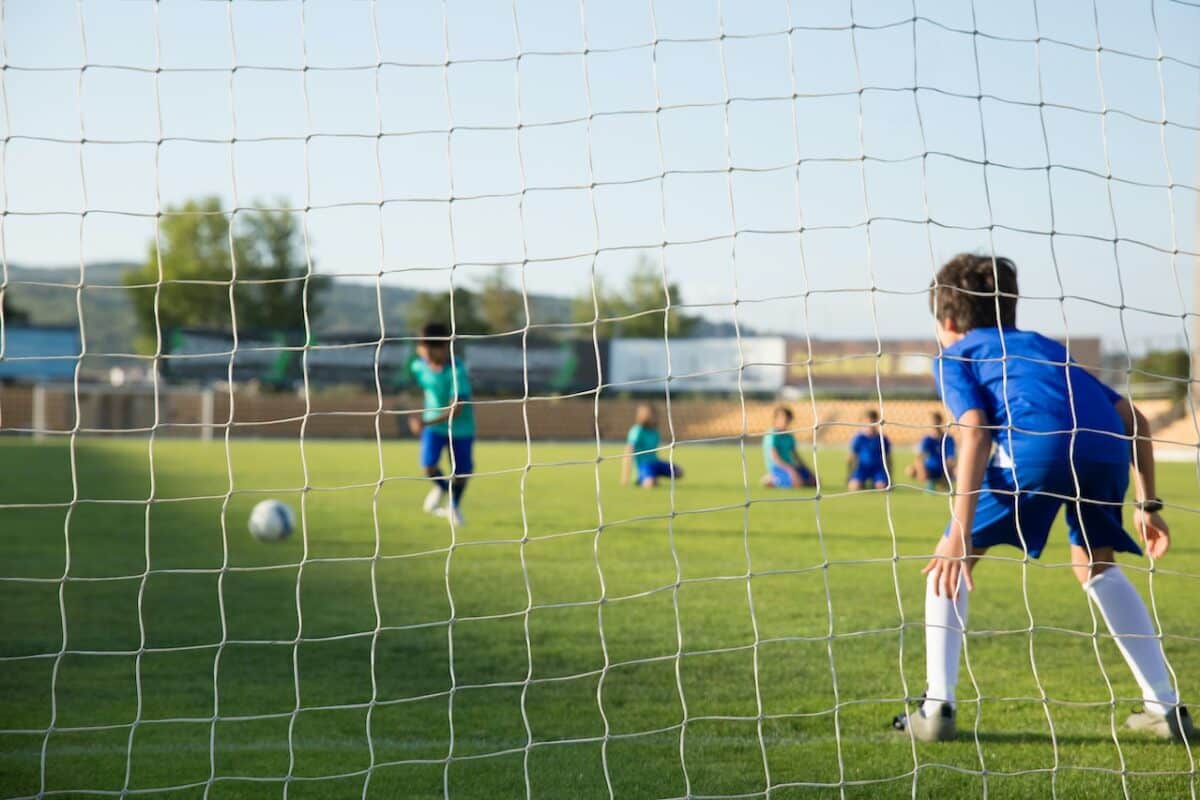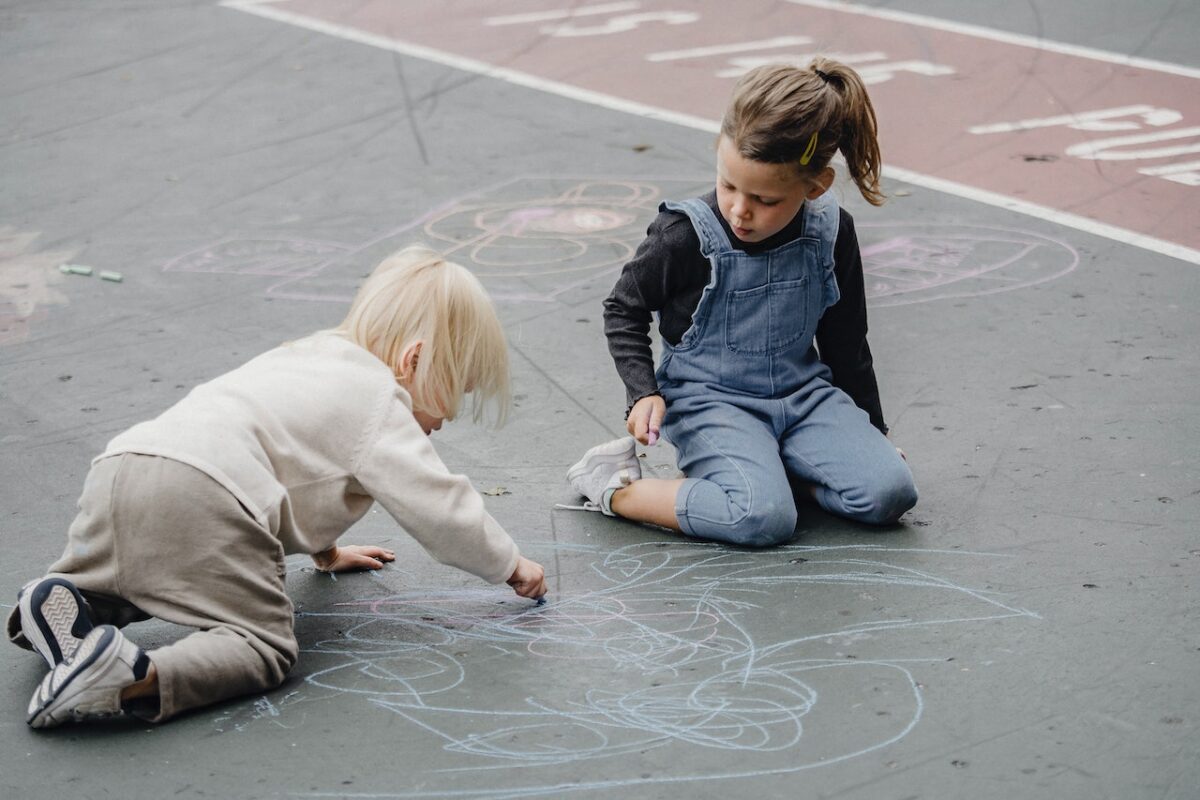How divorce affects children: A full psychological exploration
The breakdown of a relationship is a difficult and emotional time for everyone involved, but it can be especially challenging for children.
Parental separation affects 50,000 to 60,000 children in Australia each year, with research showing that the outcomes for these children can be worse than those whose parents remain together. Children from separated families are more likely to experience issues with their behaviour, education, mental health, and addiction well into adulthood. (Amato & Keith, 1991; Johnson, 2017).
It’s essential to prioritise effective co-parenting to ensure that children are shielded from the conflict of relationship breakdown and continue to thrive in both households. While the effects of divorce on children statistics may seem concerning, parents can take proactive steps to support their children’s well-being during and after the separation process.
Keep reading for a complete legal and psychological research analysis of how divorce affects children, from schooling to mental health, as well as future relationships.
How does divorce affect children’s education and schooling?

Divorce can be a traumatic experience for children, as it can disrupt their most cherished beliefs and uproot the foundation of their lives and routines – their parents. It’s no surprise that children’s academic performance can be negatively impacted during and after their parents’ divorce. The emotional distress caused by parental separation can affect a child’s ability to focus and concentrate in classes, leading to a decline in academic performance.
Furthermore, the breakdown of routine and turbulent home life can drain children of their motivation to engage with their learning. Unfortunately, the effects of divorce on children’s education are not temporary and tend to persist into adulthood. A comprehensive meta-analysis of 92 studies found that children of divorce are less 50% less likely, on average, to complete high school and less likely to complete tertiary education (Amato, 2010, as cited in Johnson, 2017).
How does divorce affect children’s social development?
The home environment for children of divorce can be fraught with conflict, leading to detrimental effects on their social lives and development. Research shows that children with divorced parents have a much higher rate of “serious psychological and social problems” (25%) than children of parents who have remained married (10%) (Kelly & Emery, 2003).
It is not just divorce, but rather any “family structure transitions”. A greater number of family restructures is associated with more children’s behaviour problems, drug use, externalising problems, and delinquent behaviour. Some of the development problems experienced in young adulthood were submission, and problems with intimacy.
How does divorce affect children’s future relationships?
Extensive research has explored the complex issue of the intergenerational transmission of divorce. According to Cavanagh and Huston (2006), children of divorced parents are approximately 50% more likely to divorce themselves than those from intact families. Furthermore, children of divorce are less likely to remarry, and if they do, their second marriage is more likely to end in divorce (Wolfinger, 2005).
However, it is important to note that divorce is often not the only family transition that these individuals experience, and the impact of divorce on children’s long-term relationship outcomes is not fully understood. Fomby and Cherlin (2007) found that divorce was one of several family transitions that can contribute to children’s externalising problems and delinquent behaviour. In addition, research suggests that the trauma of divorce in childhood can lead to personality traits that affect a person’s ability to maintain successful marriages in adulthood (Amato & Booth, 1991).
Given these findings, it is essential to provide support and resources to families experiencing relationship breakdowns to minimise the potential negative impact on children.
How does divorce affect children’s mental health?

Divorce can significantly impact a child’s mental health, often resulting in long-term consequences. Studies indicate that children of divorced parents are at a higher risk of experiencing mental health issues such as anxiety, depression, and low self-esteem (Cherlin & Fomby, 2019). These issues can persist well into adulthood, with children of divorced parents being twice as likely to experience severe mental health problems and are 14% more likely to attempt suicide.
It is crucial for parents to provide emotional support and resources to help their children cope with the emotional stress caused by divorce, including therapy and counselling. Early intervention and support can make a significant difference in a child’s mental health and overall well-being.
Children of parents who are separating or going through a divorce report that they often feel excluded from decision-making and are do not feel listened to, particularly in the family law system.
A 2018 survey released by the Australian Institute of Family Studies on children’s experiences in the family court system found that 76% of children and young people wished that their parents had listened to them more regarding parenting arrangements and separation. A divorce is not a diagnosis, nor a guarantee of one. It means that in this transitional period, we need to be sensitive to the emotional needs of our children, checking in with them, and making sure they can voice their opinions and preferences during this process.
What does this mean for me and my children?
If you have children and you are going through a divorce, or if you are a child and your parents have separated, it is important to remember that these studies deal in generalities and averages, and the impact of divorce on children does not condemn you or your children to any fixed outcome in life. While many of these studies show children of divorced parents are more likely to have issues, they do not account for the real reasons for these outcomes.
Likewise, when we discuss the impacts of “Divorce”, we are looking at the impacts of high-conflict households, underlying communication issues, or sometimes family violence, and divorce in these studies can be a catchall term which incorporates for a multitude of unhealthy and toxic environmental factors.
Research conducted by Lisa Strohschein for the Journal of Marriage and Family found that even before marital dissolution, children of parents who later divorced showed “higher levels of anxiety, depression, and antisocial behaviour” than did children whose parents never separated. Divorce may not itself be the issue, but rather the canary in the coalmine for other environmental issues.
In reality, most children of separated parents adjust well to the separation and do not face significant long-term detrimental outcomes when accommodating for the variety of factors that can often coexist in separated households. The statistics that indicate worsened outcomes are influenced by a minority of children that poorly adjust, and fixed variable research found no impact on behaviour and levels of achievement. It is not a simple matter of divorce causing significant issues for children. Instead, we should take a holistic approach to the circumstances of relationship dissolution when assessing child outcomes.
Finally, the impacts of separation on children, divorce in Australia, and more are discussed in Australian Family Lawyers’ Australian Relationships: Love Marriage and Divorce in a Modern Nation. The Australian Relationships Report was released in March of 2023 and uses the most recent statistical data and research to give Australians an insider’s view of Australian family law.
Download the report for free here.
If you’d like to understand the process of divorce and parenting arrangements, or have any questions about yours, call our friendly team directly or request a call back via the form below.
Do you have a question about family law or relationship law?
Call now 03 9088 3184
If you would prefer an Australian Family Lawyers team member to contact you, complete the form below.



